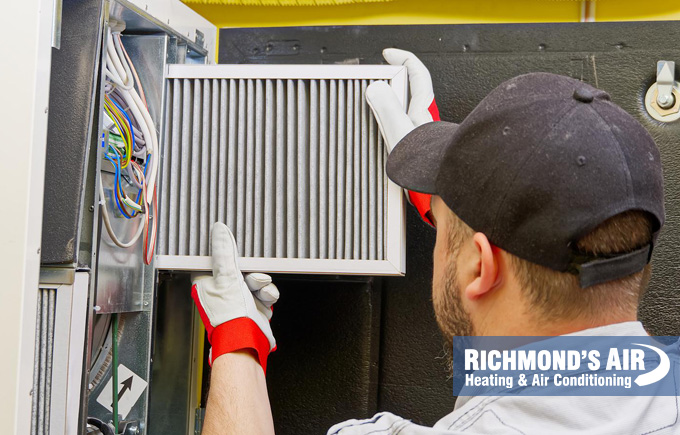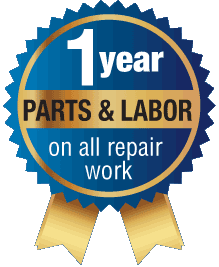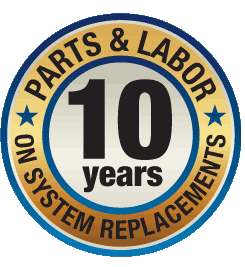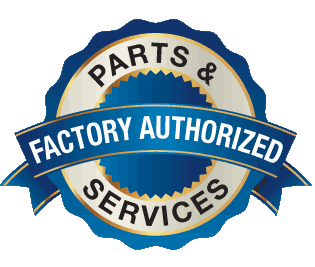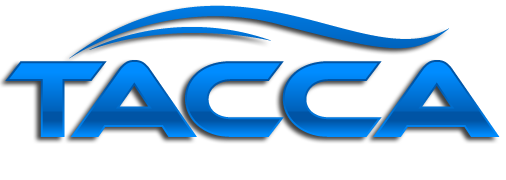The importance of fixing short cycling in your home AC or furnace
If you live in Houston, you know all about hot temperatures and probably rely on an air conditioner to keep you cool during the sweltering summer months. Unfortunately, it’s not uncommon to turn down the temperature on your thermostat on a hot day, only to discover minutes later that your house is still as warm as ever. If you notice that your AC kicks on initially but seems to stop running before it’s cooled your home, it may be short cycling—which can be a severe problem for your AC system as well as your comfort.
What does short cycling mean?
Short cycling occurs when an air conditioner can’t finish its full cooling cycle. An average cooling cycle takes about 15 minutes. Therefore, if your AC only runs for 10 minutes, it may be short cycling. Since short cycling means that the AC doesn’t complete a cooling cycle, it can affect the comfort of your home because it can take much longer to cool it down.
Short cycling can also put a lot of stress on your AC and hike up your energy bills.
Causes of short cycling
If your home HVAC system is turning on and off more than usual, you may be experiencing a short-cycling problem. Here are the most common causes of short cycling:
Wrong unit size
Short cycling may occur if your furnace or air conditioner is too big for your home’s ductwork. Oversized furnaces or ACs need a lot of energy to warm or cool your home, which may cause an uneven distribution of air. When the air is unevenly distributed, the room where you keep your thermostat may warm up or cool down faster than the other rooms in your home. As a result, your furnace or AC will turn on and off more frequently to compensate.
Lack of regular maintenance
If you fail to maintain your HVAC equipment properly, you’re more likely to experience short-cycling problems. For instance, if your filter is dirty, airflow will be restricted, which can lead to short cycles. Regular maintenance can also ensure that the flame sensors are not corroded and no objects are stuck in your vents.
Improper thermostat placement
If you have a newly installed thermostat, you should be aware of its placement in your home. For instance, if your thermostat is placed in direct sunlight or near a heat-generating appliance or vent, it may misread your home’s actual temperature, which then signals your HVAC system to turn on and off prematurely.
Dirty evaporator coil
If your system’s evaporator coil is full of dirt and debris, it might not cool the air effectively. When air is being blown over it, the system will cool less efficiently due to the blockage of dirt. Regular maintenance of your HVAC system is necessary to prevent such issues.
Why short cycling should be fixed
If your HVAC system is short cycling, it can put a strain on your HVAC’s electrical system, which could reduce the lifespan of your furnace or AC. Premature shutting off and on can also lead to higher energy bills and energy consumption.
Here are the most important reasons to fix short cycling in your AC or furnace.
Equipment damage
Constantly turning your furnace or AC on and off can cause it to wear out faster. If your furnace or AC gets completely worn out, you may need to replace it with a new one. To avoid such costs, you should get your HVAC system fixed as soon as short cycling starts.
Uneven room temperatures
If your furnace turns on and off all the time, it won’t run as long, resulting in uneven temperatures in your home.
High energy bills
A large motor, like a furnace fan motor, uses a lot more energy when it has to start up and shut off frequently. So, if your furnace is constantly turning on and off, it has to work harder to heat your home and requires more energy, which can increase your monthly utility bill.
How to fix short cycling in your AC or furnace
Professional HVAC technicians can diagnose and repair a short-cycling system. If you think your AC or furnace might be short cycling, don’t ignore the problem. A professional HVAC technician can inspect your system, determine a cause and provide the appropriate maintenance or repair. You should also consider having a professional provide regular preventive maintenance and a system tune-up each year.
 Read reviews
Read reviews